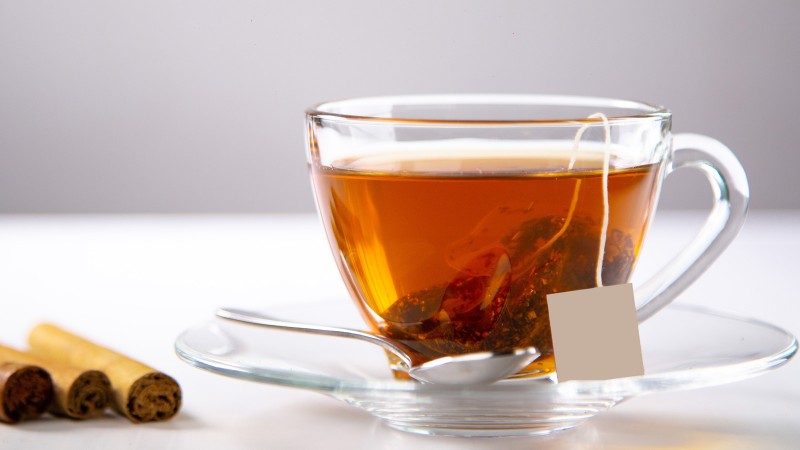
Tea, a beloved beverage cherished for its comforting aroma and soothing warmth, holds a special place in many cultures worldwide. From the bustling streets of India to the serene tea gardens of Japan, the art of brewing tea is as diverse as it is ancient. However, even the most seasoned tea enthusiasts can stumble upon common mistakes that compromise the flavor and essence of their brew. Let's delve into some crucial pitfalls to avoid when crafting your next cup of tea.
The foundation of a great cup of tea lies in the water you use. Tap water laden with impurities such as chlorine or heavy metals can impart undesirable flavors to your brew. Opt for filtered or spring water to ensure a clean and neutral base for your tea.
Different types of tea require specific water temperatures for optimal extraction. Boiling water might be suitable for robust black teas, but delicate green or white teas can turn bitter when exposed to excessive heat. Invest in a temperature-controlled kettle or utilize a thermometer to achieve the perfect temperature for your chosen tea variety.
Finding the right balance of steeping time is crucial to unlock the full flavor profile of your tea. Oversteeping can lead to bitterness, while understeeping may result in a weak and insipid brew. Refer to recommended steeping times for your tea type and adjust according to personal preference.
Achieving the ideal concentration of tea leaves to water is paramount for a flavorful infusion. Too few leaves can result in a lackluster brew, whereas an excessive amount can overwhelm the palate with bitterness. Follow guidelines for the recommended tea-to-water ratio to strike the perfect balance.
While some teas can withstand multiple infusions, not all varieties are suited for this practice. Reusing tea leaves beyond their capacity can lead to a weak and flavorless second brew. Experiment with different teas to determine which ones are suitable for multiple infusions and adjust accordingly.
Proper storage is essential to preserve the freshness and flavor of your tea leaves. Exposure to air, light, and moisture can accelerate flavor degradation. Store your tea in airtight containers away from direct sunlight and strong odors to maintain its integrity over time.
The quality of your tea leaves significantly impacts the taste and aroma of your brew. Opt for high-quality loose-leaf teas sourced from reputable suppliers for a more nuanced and enjoyable drinking experience. While convenient, pre-packaged tea bags may contain lower-grade leaves and undesirable additives.
Brewing tea is a ritual meant to be savored and enjoyed at a leisurely pace. Rushing through the process can result in missed nuances and diminished satisfaction. Take the time to appreciate the aroma, color, and taste of your tea as you embark on a sensory journey.
Preheating your teapot or teacup helps maintain the desired temperature throughout the brewing process, ensuring a consistent and flavorful outcome. Simply rinsing your teaware with hot water before brewing can prevent temperature fluctuations and enhance the overall tea-drinking experience.
While it's essential to adhere to brewing fundamentals, don't be afraid to experiment and explore new techniques. Adjusting steeping times, water temperatures, or tea-to-water ratios can yield surprising and delightful results. Embrace the opportunity to refine your brewing skills and discover your perfect cup of tea.
In conclusion, by avoiding these common mistakes and embracing best practices, you can elevate your tea-drinking experience to new heights. Whether you prefer a robust black tea to kickstart your day or a delicate green tea to unwind in the evening, attention to detail and a spirit of exploration will guide you toward tea nirvana.
If you do not remember the child, then teach these tricks
Premium phone is fond of phone? See which phone is good for you here
108MP camera, these smartphones come with RAM up to 8GB, price less than Rs 20000